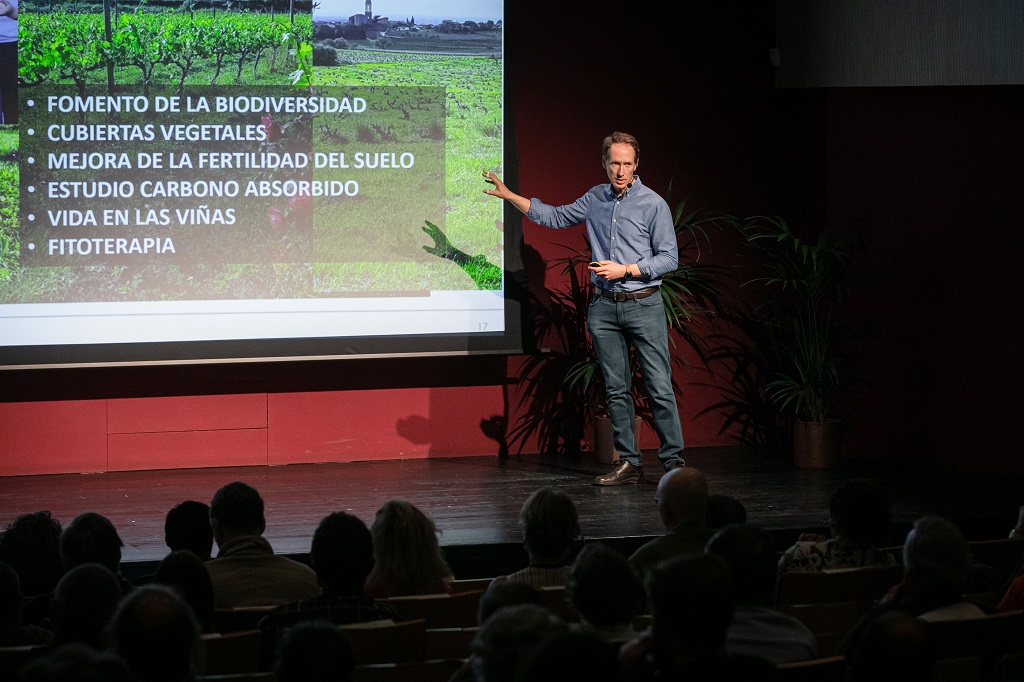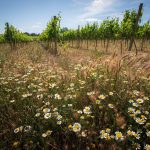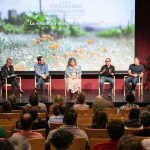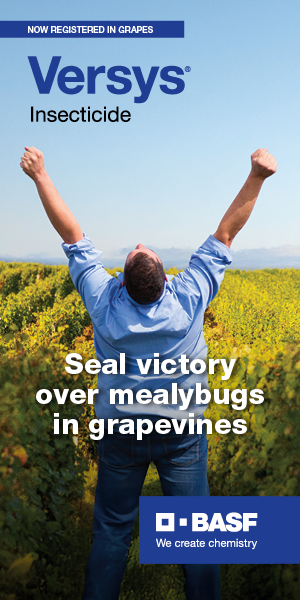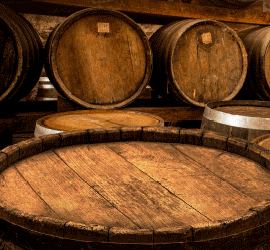Image courtesy Regenerative Viticulture Conference.
For the second year in a row, the Vinseum in Vilafranca del Penedès hosted the Regenerative Viticulture Conference.
The conference featured a series of talks aimed at advocating this way of understanding and working the land that gives life back to the soil and re-establishes the relationship between plants, animals, and humans.
The goal of the practice is to allow vine growers and wine producers to learn more about it and implement it for the good of the vines and the planet.
The Regenerative Viticulture Association was responsible for organising the conference, which brought together speakers from both Spain and abroad who are experts in this new agricultural paradigm that represents a way to reduce the damage caused and restore soil health.
The event included the participation of Pere Regull, the mayor of Vilafranca del Penedès, who supported the conference as the representative of a renowned winemaking region and one who wants it to ‘stay that way’.
He explained that producers must take action against climate change as it affects the industry every day.
The speaker representing government institutions was Elisenda Guillaumes, the Autonomous Government of Catalonia’s Director-General of Agriculture and Livestock Farming.
“The utmost attention and effort must be given to agricultural soils since they are an essential resource that have been ignored too often,” she said.
Miguel Torres Maczassek, the General Manager of Familia Torres and President of the Regenerative Viticulture Association, also used the occasion of the conference to announce the launch of the seal for international certification in regenerative viticulture, called the Regenerative Viticulture Alliance (RVA).
Defined by Torres as “a first step”, this will lay the foundations to obtain the certification and also give recommendations for practices in the field, as well as support for self-analysis and external audits of the levels of organic matter, carbon fixation, and the presence of biodiversity.
Torres also took the floor during the conference, advocating regenerative viticulture as a response to the threats of climate change, erosion, and the loss of soil fertility.
He praised the continuity of the conference and the “traction” the association is gaining, as it now boasts around 30 members.
Torres explained the experiences of some of the members on their journeys to restore life to the soil and make it more fertile and resilient so it contributes to mitigating the effects of climate change in a way similar to how forests work.
There are various methods, ranging from producing biofertilisers to grazing to control the ground cover, efficient water use and increasing plants’ immune systems.
They all have one element in common which has provided structure to the entire Regenerative Viticulture Conference: being familiar with the soil and how it works, to help it to be healthier, repair the damage done, and get it to give as many benefits as possible, taking advantage of the processes that nature has developed over millions of years.
Are you a Daily Wine News subscriber? If not, click here to join our mailing list. It’s free!
